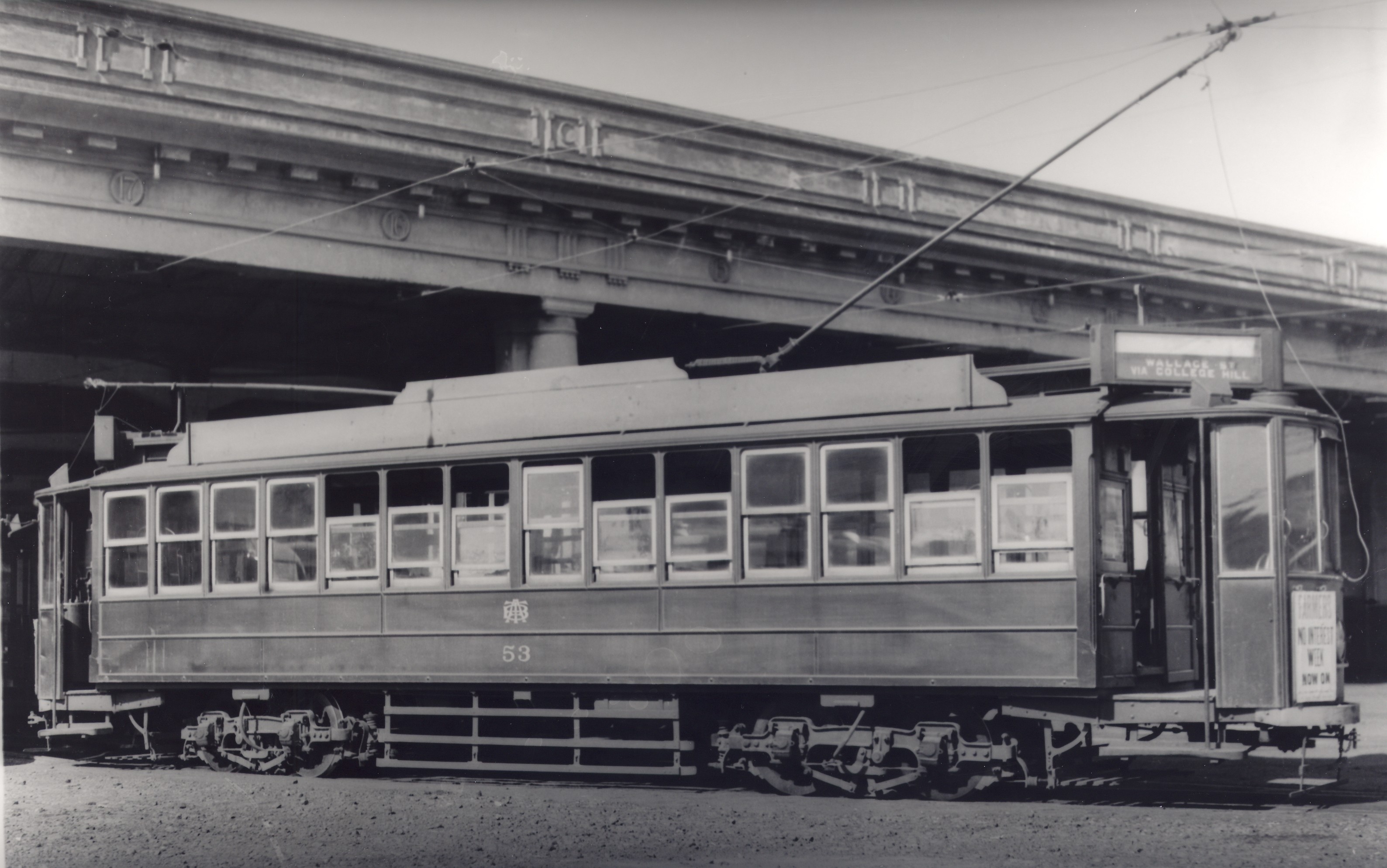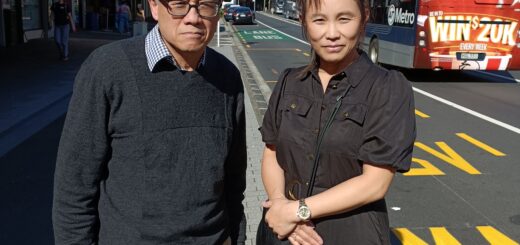Another helipad battle in the western bays

In my April column I reported on the disappointing opposition of the mayor and a majority of Auckland councillors to my notice of motion for a plan change making helipads in private residential areas a prohibited activity.
Helicopters and private helipads, the ear-shattering intrusion on neighbours’ quiet enjoyment of their homes, has been a problem in Auckland for some years now – especially so in this maritime ward, (civil aviation rules effectively restrict private flightpath envelopes over urban areas except over the sea). There are now more than 75 consented private helipads in the ward which includes Waiheke and Great Barrier Islands.
While most of these are on semi-rural Waiheke, nine are in the city where Herne Bay and Westmere in particular, has become an ongoing battleground between local residents on the one hand, and rich lister applicants and their lawyers backed by Auckland Council, on the other.
In 2018, Auckland Council planners, despite widespread public opposition, granted consent to businessman Rod Duke for a controversial helipad at Sentinel Beach. Concerned citizen Andy Coleman supporting the Herne Bay Residents Association took the council to the High Court seeking judicial review. The High Court threw out the consent essentially on the grounds of public safety, Judge Christine Gordon declaring council’s process was ‘flawed and invalid, it must follow that the consent decision is also deficient and cannot stand.” A stinging criticism. But the decision while giving some pause, has had no discernible effect on the council’s permissive policies towards helipads.
Potential applicants, and their lawyers and planners, therefore, will be watching very closely the outcome of the application of Anna Mowbray and Ali Williams for a consent without any public hearing, for a private helipad at their beachside home in Westmere.
Local residents, led by Quiet Sky Waitemata, fear that if they are successful, others will soon follow, with the skies over the western bays turning into a noisy ‘sky highway’.
It seems a sticking point for the consent has been the close proximity of the proposed helipad and its approach path to the shoreline to the east of Meola Reef which is a registered Site of Ecological Significance. Citizen scientist Jeanette Budgett, a Westmere resident and Quiet Sky member has painstakingly amassed evidence, backed by photographs revealing just how important the area is for protected and at-risk avifauna. In particular for shorebirds such as New Zealand and banded dotterels, Caspian terns and oystercatchers but also for migratory wading birds, especially the bar-tailed godwit or kuaka. These remarkable birds breed in remote Alaska during the northern summer and every year make an amazing 10,000 km flight to their summer feeding grounds in New Zealand. Scientists have only recently discovered using satellite tracking that these trans-hemispheric flights can take on average 6 to 7 days, an incredible feat of navigation and endurance for any living creature, let alone such a small bird. Among those heroically obtained feeding grounds, remarkable given its location, is the intertidal zone of Westmere and Cox’s Bay. In addition, Jeanette has highlighted the importance of Pipers Point where large mixed flocks of shore birds quietly roost during the high tides. The applicants’ consultants argue that restricting flights to two hours around low tides will get around this problem. I will leave readers to decide themselves how practicable that would be, especially given council’s record of enforcement. Most importantly it overlooks the fact that low tides are precisely when the birds are using the intertidal to feed. After all godwits don’t fly all this way just to sleep. The ecological impact of helicopters on this special area is compelling enough to be decisive, but generally speaking, the chief impact of helicopters in coastal suburbs is not on birds – it’s on people – neighbours, local residents, boaties and beach users. Allowing aircraft to land and take off in beachfront residential areas is not only an intrusive public nuisance but is also hazardous. This is why helipads are banned from all residential and most other zones in Sydney for instance. I have nothing against the applicants personally, my criticism is directed at the council – not just the planning bureaucrats but also those councillors who refuse to support public pleas for long overdue changes to helipad regulations. The stubborn refusal to deal with the helicopter problem I’m afraid is just another example of the ‘Super City’s’ wider failings in serving the people of Auckland.
This article was published in the August 2024 Ponsonby News



